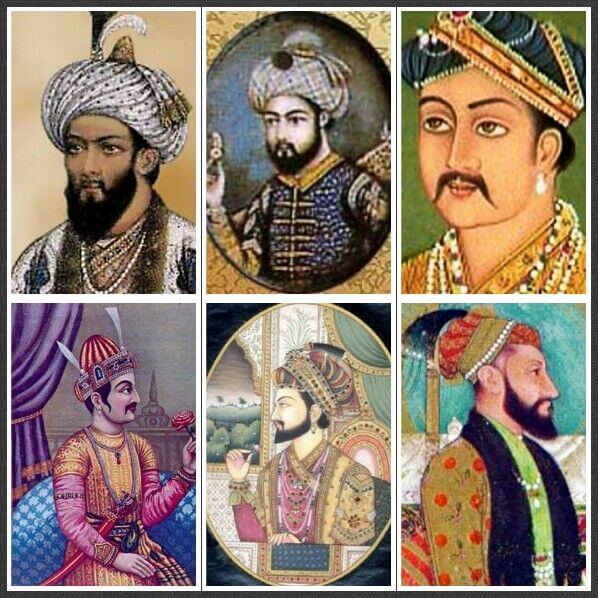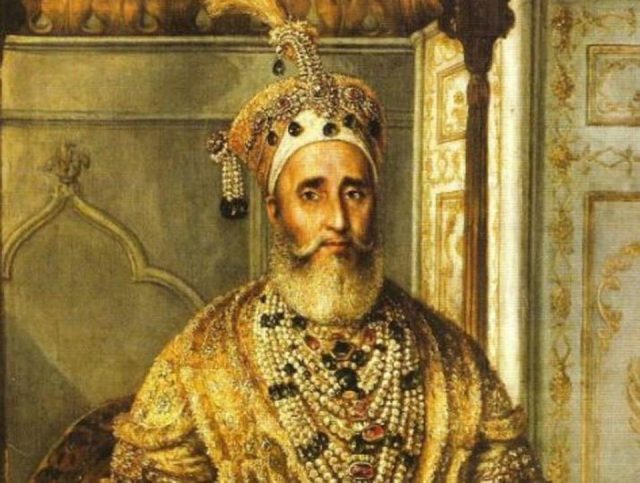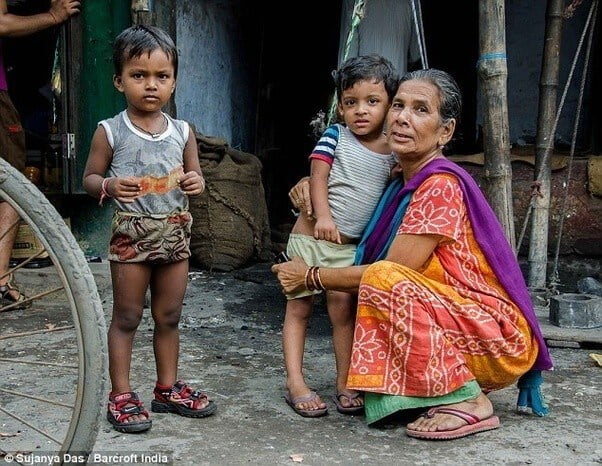Before the British, there were the Mughals, who ruled over India for about 3 centuries and comprise a good portion of our history books.
We might not know of any other era in our history, but the Mughal period just cannot be glossed over, considering the amount of impact it had on our society and how it definitely changed the course of our country for forever.
So then, while they are such an important part of our history, where then are these Mughals now? Where do they place in our present time?
Let Us Take A Stroll Through The Past
The Mughal Empire was first founded by Babur who ruled in India from 1526 to 1530 and lasted till about 1857 when it was dissolved by the British.
The Mughal Empire was a prosperous, large and diverse one with each new king making his own mark, while only a few left behind legacies.
Among the most popular Mughal emperors, Akbar, Jahangir, and Shah Jahan jump to mind for their various contributions to India in terms of arts, culture, architecture, politics and more.

The entrance of the British in India and their systematic deconstruction of the monarchy along with setting their own rule down, greatly limited the Mughal kings and their kingdoms.
The allegedly last Mughal, Bahadur Shah Zafar, had control over only one city which was Shahjahanabad and even that was taken away along with him being sent into exile when he supported the Indian mutiny of 1857.

Read More: Royal Mughal Women Whose Histories Are As Inspiring As The Mughal Conquests
Where Are The Mughals Now?
After the British took over it is alleged, that in fear of being exiled or executed themselves, many of the remaining Mughals fled from Delhi and are now spread over various parts of India, Bangladesh, and Pakistan.
One story that came out a couple of years back was of Sultana Begum who was married to the great-grandson of Bahadur Shah Zafar.
The last Mughal king, Bahadur Shah Zafar’s surviving successor was Jawan Bakht who then had a son named Jamshed Bhakt. Jamshed had 2 of his own sons named Mirza Sikander and Bedar Bhakt, and it was the latter of the 2 who married Sultana Begum.
It is said, according to sources, that Bahadur Shah and Jawan lived their lives in captivity in Rangoon which was later on lifted around 1902. Jamshed thus had a bit more freedom then his father and grandfather.
As per sources, Bedar’s uncle had taken the young boy with him to Delhi around 1923 to request an increase in the pension after they decreased the amount following Jamshed’s death in 1921.
This only resulted in the imprisonment of the uncle and when he was let go off, on advice moved to the Shahi Imambara located in Kolkata with Bedar and his sister Oamar Ara Begum.
Since then they have lived a life of poverty and impoverishment with the situation only getting worse after Bedar died in 1980.
It is alleged that even after showing documentation that she is related to the royal family, she had to make do with the basic pension that was given and used to run a small tea shop around the area of Howara in Kolkata. But the shop was eventually shut down which made her turn to selling female clothing like salwar suits and more.

It is also reportedly said that some of the Mughal descendants have laid roots in the USA along with India and Pakistan.
The Mughal Trust
Around 2009, The Telegraph reported about a supposed ‘Mughal Trust’ that was founded by Professor Aslam Pervez, in order to bring back the remaining Mughal descendants and also bring the last Mughal to Delhi. This refers to the body of Bahadur Shah Zafar that still lies in Rangoon and the petition to bring it back to Delhi so that he can be laid to rest beside his other royal ancestors.
The trust has gained attention from several notable and wealthy people, academicians, businessmen and more. Their aim is to complete the Mughal family tree in today’s time and afterward request the govt. to work on their rehabilitation.
Image Credits: Google Images
Other Recommendations:
http://edtimes.in/2017/02/a-walk-through-the-majestic-red-fort-of-delhi-we-lived-it/


































